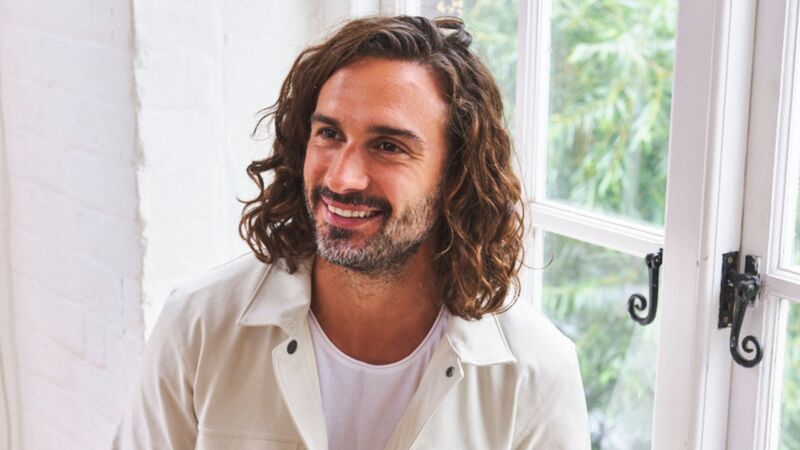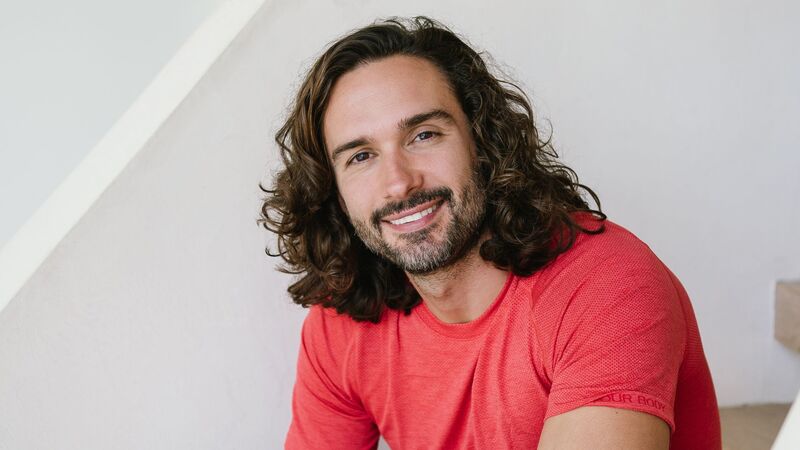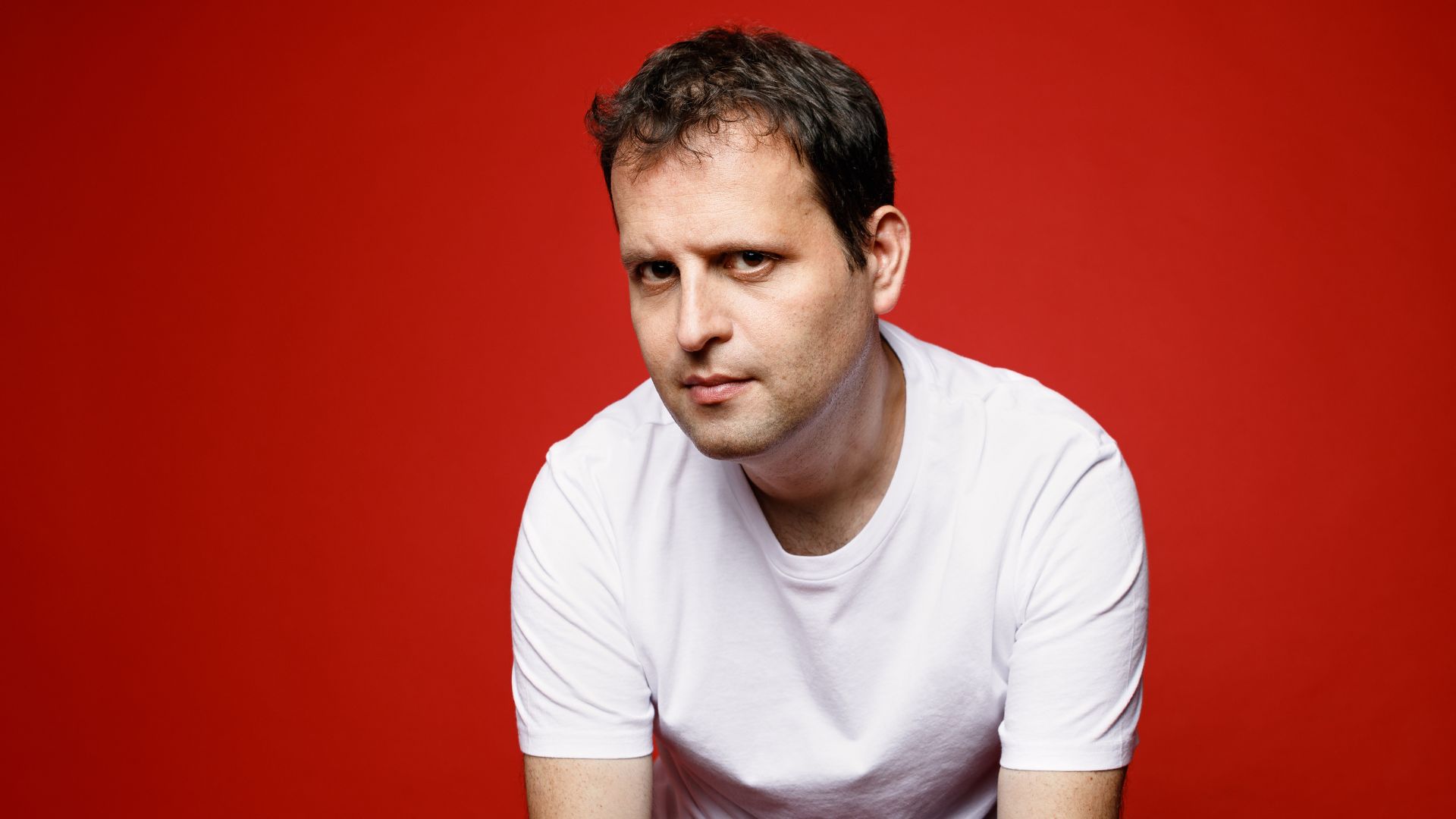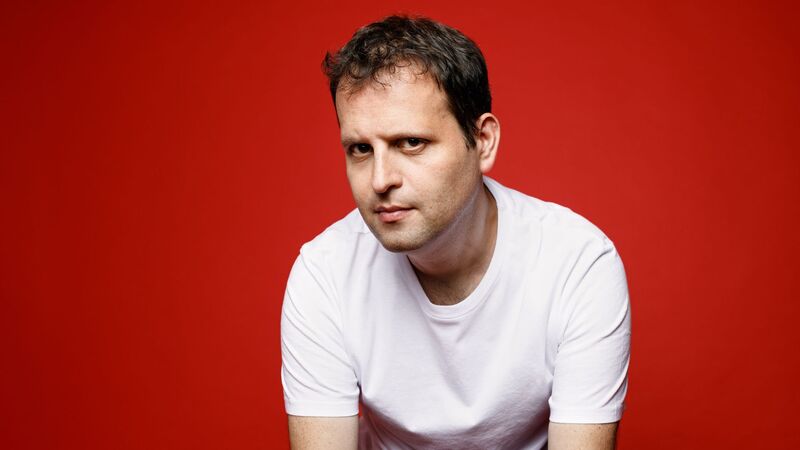You are viewing your 1 free article this month. Login to read more articles.
Editors call time on clean eating 'fad'
Editors in the health and wellbeing space have called time on "clean eating" in wake of a backlash from readers and the authors who first popularised it. Instead, books which emphasise "balance" are coming back into fashion, publishers have said.
Animosity towards the "clean eating" trend - generally advocating diets comprising whole foods in their most natural state for a healthier lifestyle, while variously shunning carbs, sodium, processed foods, refined sugar and alcohol - has reached a "tipping point", according to editors, who say disenchantment with the term has been "brewing for quite some time".
YouTube stars, authors and bloggers - once considered poster women for the term - are now disassociating themselves from it. Ella Mills, Instagram entrepreneur behind Deliciously Ella [pictured above], dismissed clean eating diets as "dirty" ahead of her appearance in BBC Two documentary "Clean Eating: The Dirty Truth", airing 9pm on Thursday (19th January). The documentary stars Mills in conversation with Dr Giles Yeo, who will "sift through" health claims of author brands like the Hemsley sisters, who encourage gluten-free and grain-free cooking, and Natasha Corrett, whose Honestly Healthy brand supports an "alkaline" diet.
The Hemsleys, whose books include The Art of Eating Well and Good + Simple (Ebury), last week described the clean eating term as "a fad". In conversation with the Evening Standard, they defended their own approach, saying that: "The only people who have something negative to say haven't read the books and don't know what we do". Of clean eating itself, they said: "It's not a defined term. No one really knows what it means."
Joe "The Body Coach" Wicks [pictured below], who last week became the first non-fiction author to take the top three spots in the book chart in a single week, told the Guardian he couldn't understand the trend. "I’ve just had bangers and mash, don’t mean I’m dirty," he said, laying bare the phrase's chief problem: a confusing and alienating dichotomy between "clean" and "dirty" labels for food.
For fitness blogger Zanna Van Dijk, nutrition consultant and author of Strong (Headline), the desire for authors to want to distance themselves from the clean eating movement is "natural" because of an "evolution" of the term has changed its meaning. She told The Bookseller criticism of the phrase was "positive", because it encouraged those in the public eye to clarify what 'clean eating' really meant to them and warned that 'clean' and dirty' labels can encourage unhealthy relationships with food, leading in some cases to issues such as binge eating, under-eating or cutting out essential food groups.
Liz Gough, publisher at Yellow Kite, agreed the label was unhelpful. “The clean eating backlash seems to reflect a frustration with being told to eat a certain way, yet the healthy eating authors we publish at Yellow Kite do make it clear that their recipes are things they enjoy eating and are designed to inspire readers to add more fruit and veg to their diet and eat fewer processed foods; nothing is 'forbidden' or off-limits.
"I don't think labels are particularly helpful," she said. "They can alienate people and lead to worries about 'getting it right'. I prefer to promote the message that healthy eating is within anyone's reach with a few tweaks and changes to one's diet."
But while "clean eating" as a term may be in decline, Gough said the healthy eating market itself remains strong. "It is clear there is an ongoing appetite for books that promote healthy eating," she said.
"Balance" has emerged as the prevailing mantra for health and well-being editors The Bookseller spoke to on the issue. Octopus publisher Kate Adams said the approach was "coming back into fashion" with increased backing from both "influential names in wellness" as well as the latest research.
"My hope as a publisher is always that balance will win the long game, and it does seem as though the influential names in wellness are joining this movement, which will help it gather momentum," she said. "The good news right now is that so many more people are interested in taking better care of their wellbeing and a more holistic approach is now coming back into fashion. The latest research on healthy diets is telling us that diversity and variety is key to our health, the challenge for publishers now is to offer this message in the most appealing way, as mindfulness did for meditation."
Jillian Young, commissioning editor for Piatkus Non-Fiction, weighed in to say that the market was opening up for "healthy" yet "sustainable" programmes from authors with appropriate credentials and whose advice comes with scientific-backing.
"Clean eating’ has been thrown around with no real definition of what it actually means, so people automatically assume that if it doesn’t fall in to the ‘clean’ category, then it must be ‘dirty’," said Young. "This could even mean foods with dairy, fibre or gluten, which if you are not intolerant to, it is advised not to cut out."
Young added: "In terms of how it affects what I commission, we look for books that promote a long-term healthy lifestyle and ensure the author has the right expertise. Good examples of this include Eve Kalinik’s Be Good to Your Gut and Hollie Grant’s The Model Method – both of these books encourage healthy, sustainable programmes by authors with the appropriate credentials and scientific-backing."
Headline cookery publisher Muna Reyal added: "I think that this year will be about diversity - celebrating a wide and delicious range of foods and flavours and so keeping everything in balance and in moderation."
Adams, who last year launched lifestyle imprint Aster after 15 years in wellness publishing, said it was inevitable a trend should go out of fashion. "As ever in wellness, a trend or fad will eventually trigger something of a backlash. As consumers, we tend to hope for the silver bullet that will 'make us' slim or happy but after time we once again realise that it’s not that easy."
Van Dijk [pictured left] told The Bookseller that for all the backlash against the term, the reality behind "clean eating" is often that it does mean balance, sustainability and making healthier choices - but it may be safer now to avoid the term altogether.
She said: "I think it is natural for authors to distance themselves from the term clean eating, due to the backlash, as they never intended to encourage a restricted lifestyle - the term has just been interpreted to mean this. Authors are now having to be super careful about clarifying their approach to nutrition and ensuring that they encourage balance and not restriction. This is a much more sustainable and achievable approach to food than one of cutting out 'dirty' foods. It is also much more healthy physically but also mentally, encouraging a positive relationship and mindset towards food.
"In my opinion, it is safer to stay away from the term clean eating and instead live by my mantra of 'moderation not deprivation'."
The health and wellbeing market is looking incredibly healthy itself at the moment, with sales in the genre up 122% to £28.4m in the year to 3rd December 2016 on the same period in 2015 when it made £12.7m, according to figures from Nielsen BookScan. It also jumped 124% in volume, from 1.3 million books sold in the first 11 months of 2015 (then its best year ever) to 3.11 million in 2016, outstripping Food & Drink: General.




















